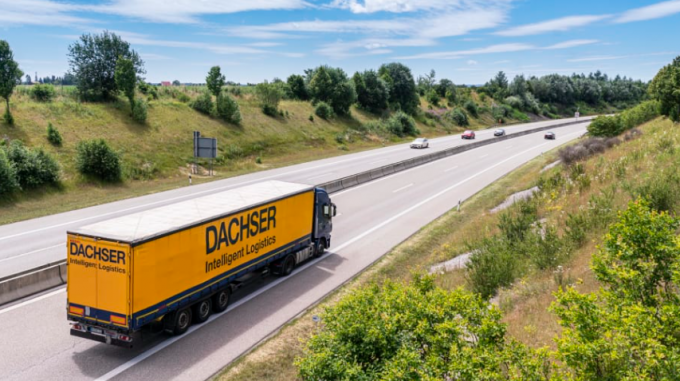DHL Global Forwarding misses profit expectations, despite strong Q4
DHL Global Forwarding this week revealed that last year’s performance by the division had been ...

High air and sea freight rates drove Dachser’s revenues last year and, despite falling volumes, the forwarder recorded net earnings of €5.61bn ($6.67bn), down 0.9% on 2019.
Air and Sea Logistics saw revenue growth of 5.2%, to €1.2bn, as it “benefited from the shortages in air and sea freight capacity, and the corresponding rise in freight rates throughout 2020,” it said, as well as activity in Asia.
It added that its own chartered air freight capacity had also helped push up revenue. ...
Volcanic disruption at Anchorage could hit transpacific airfreight operations
Shippers snap up airfreight capacity to US ahead of tariff deadline
Forwarders stay cool as US 'liberation day' tariffs threaten 'global trade war'
New price hikes may slow ocean spot rate slide – but for how long?
Tighter EU import requirements proving 'a challenge' for forwarders
Supply chain delays expected after earthquake hits Myanmar
Looming Trump tariffs will create 'a bureaucratic monster' for Customs

Comment on this article